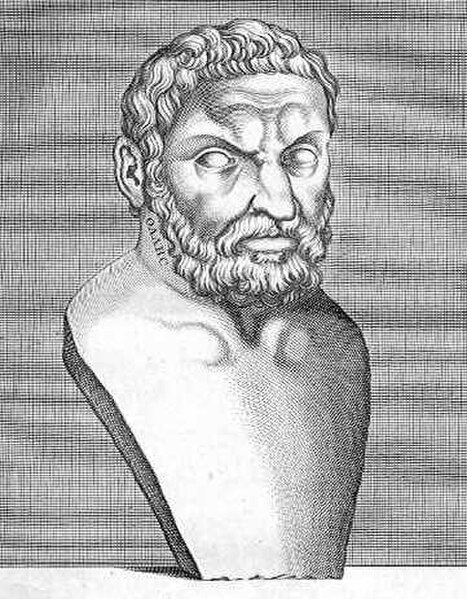An electrometer is an electrical instrument for measuring electric charge or electrical potential difference. There are many different types, ranging from historical handmade mechanical instruments to high-precision electronic devices. Modern electrometers based on vacuum tube or solid-state technology can be used to make voltage and charge measurements with very low leakage currents, down to 1 femtoampere. A simpler but related instrument, the electroscope, works on similar principles but only indicates the relative magnitudes of voltages or charges.
Kolbe electrometer, precision form of gold-leaf instrument. This has a light pivoted aluminum vane hanging next to a vertical metal plate. When charged the vane is repelled by the plate and hangs at an angle.
Lord Kelvin's Quadrant Electrometer
Electricity is the set of physical phenomena associated with the presence and motion of matter possessing an electric charge. Electricity is related to magnetism, both being part of the phenomenon of electromagnetism, as described by Maxwell's equations. Common phenomena are related to electricity, including lightning, static electricity, electric heating, electric discharges and many others.
Lightning (pictured) and urban lighting are some of the most dramatic effects of electricity
Thales, the earliest known researcher into electricity
Benjamin Franklin conducted extensive research on electricity in the 18th century, as documented by Joseph Priestley (1767) History and Present Status of Electricity, with whom Franklin carried on extended correspondence.
Michael Faraday's discoveries formed the foundation of electric motor technology.






